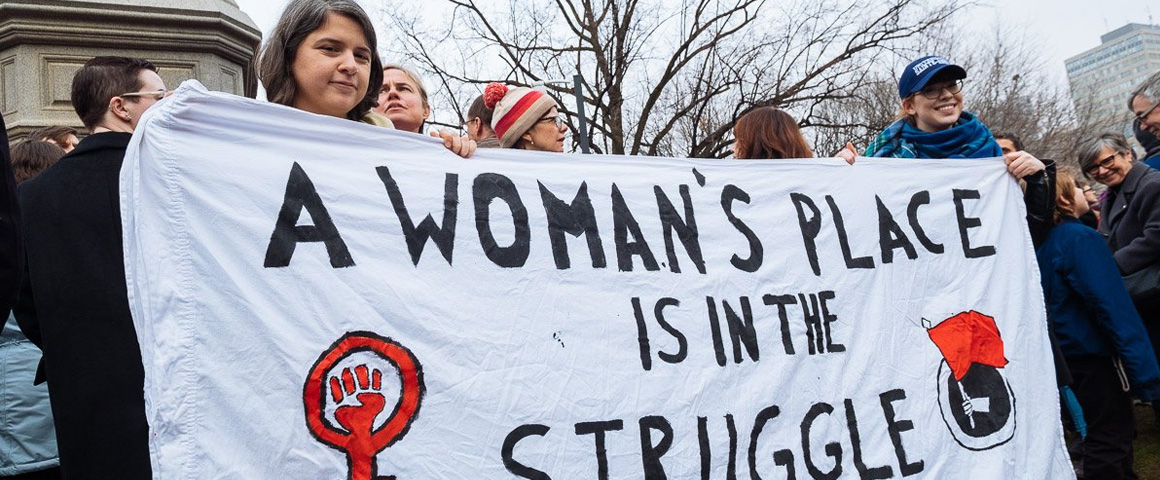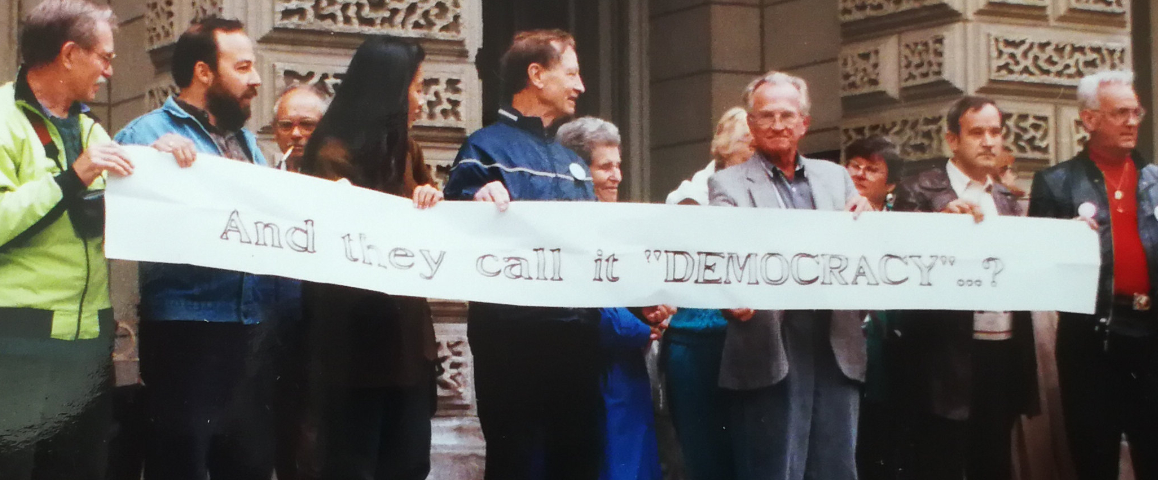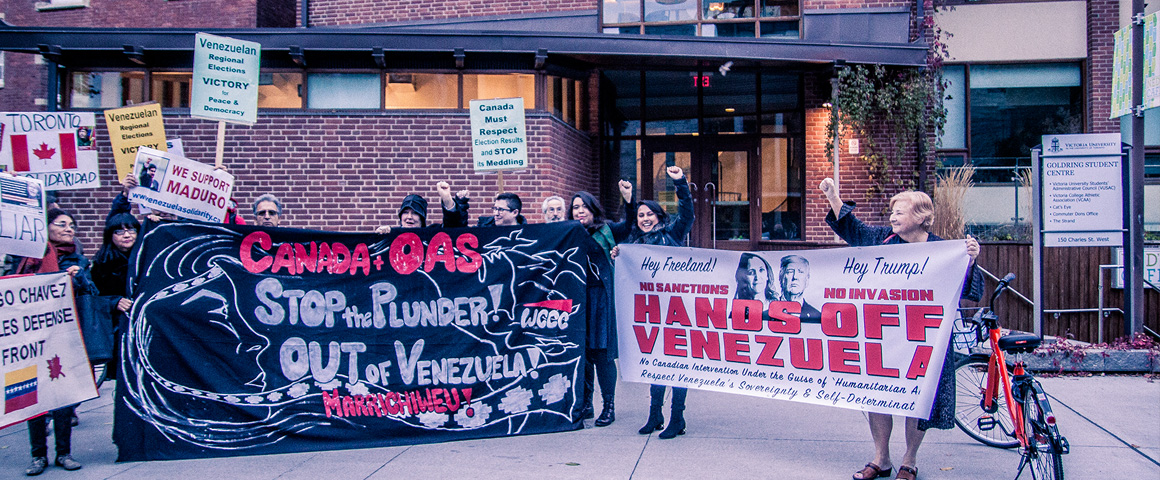As the bad news came out of Washington in recent weeks, it was inevitable that resistance would develop. And what a show of resistance it was, when millions of women and their allies took to the streets of thousands of cities, towns and even villages on January 21. The Women’s March on Washington and its sister events were organized in just a few weeks or even one or two days in many cases, and largely without significant funding from major movements. This was truly a grassroots uprising, reminiscent of the massive global anti-war day of action on February 15, 2003.
There were two notable strengths of the Women’s Marches. First, the huge and largely spontaneous level of participation shows that the pro-fascist, fundamentalist, racist, anti-working class, misogynist bigots challenging for political power in many countries will meet with a huge wave of opposition and public anger. Second, while the January 21 marches were led by women (and in particular racialized women who face the most immediate and terrifying threat), these events brought together a breathtaking range of people’s forces. The message everywhere was similar: every single attack on immigrants or women or LGBTQ communities or trade unions must be met with a solid united front of resistance.
This broad understanding of the nature of the present danger, and of the level of unity needed to fight back, is a great beginning to the next stage of the international struggle for labour rights, democracy climate justice, gender equality, reproductive rights, fair trade, and solidarity against imperialist wars and occupations. This struggle will be complex and difficult, with no easy short cuts. It will require an unwavering commitment to put the needs of working people and the environment ahead of corporate greed. But the way forward is clear: No Pasaran! They shall not pass!




